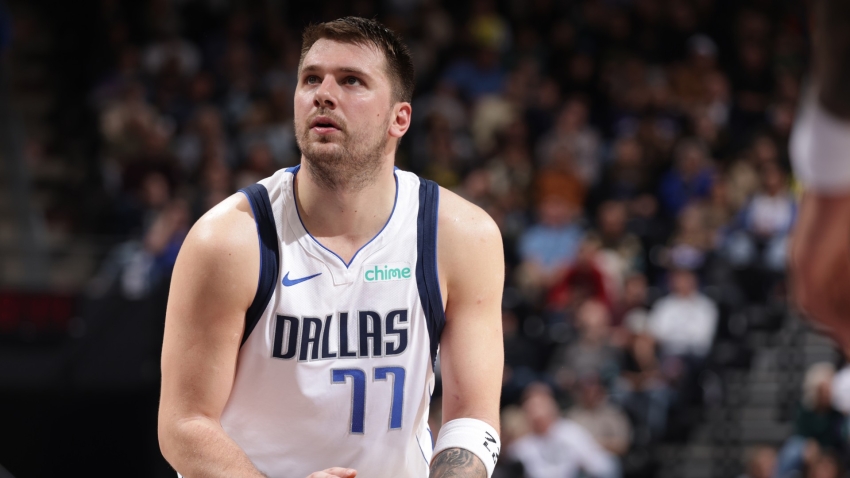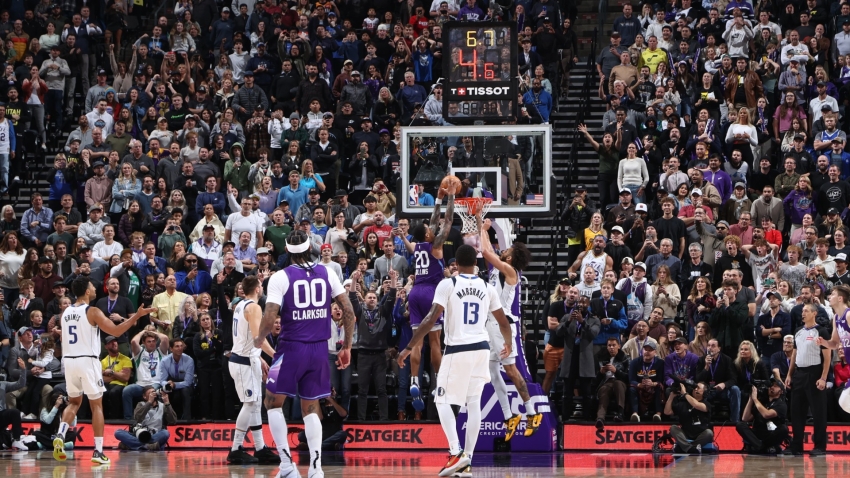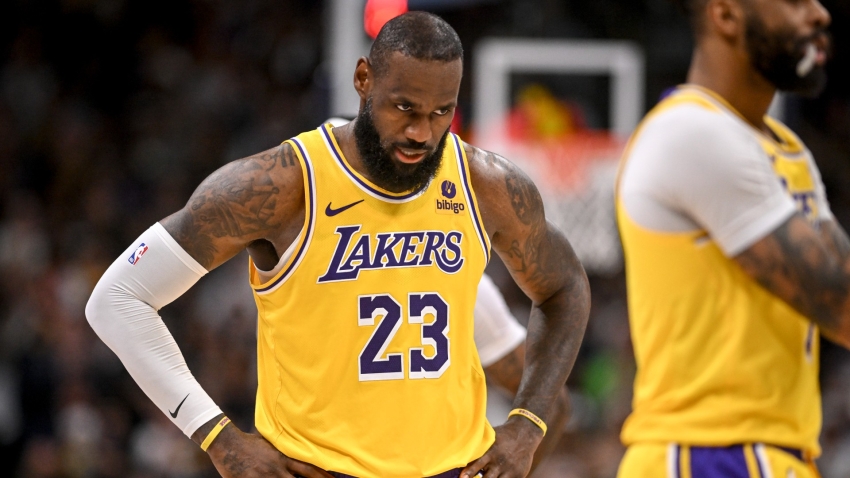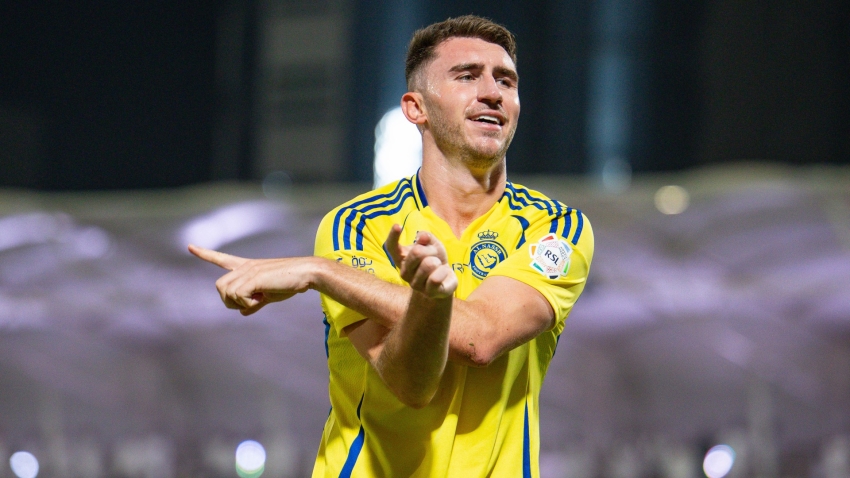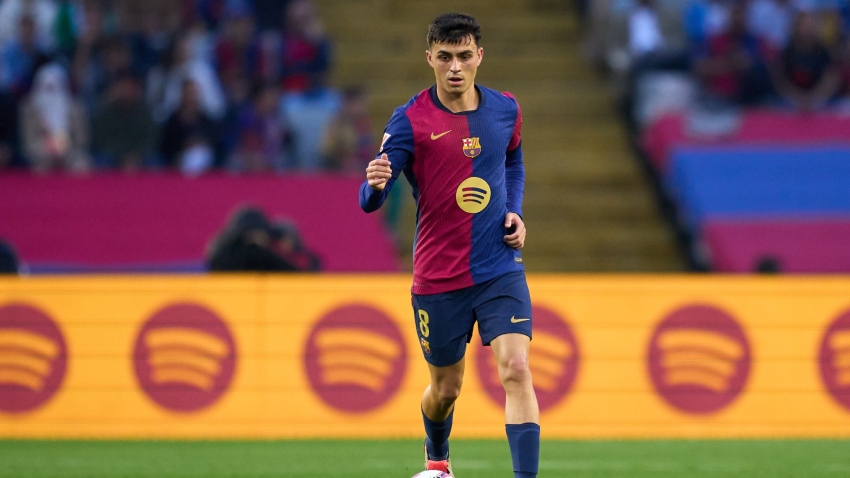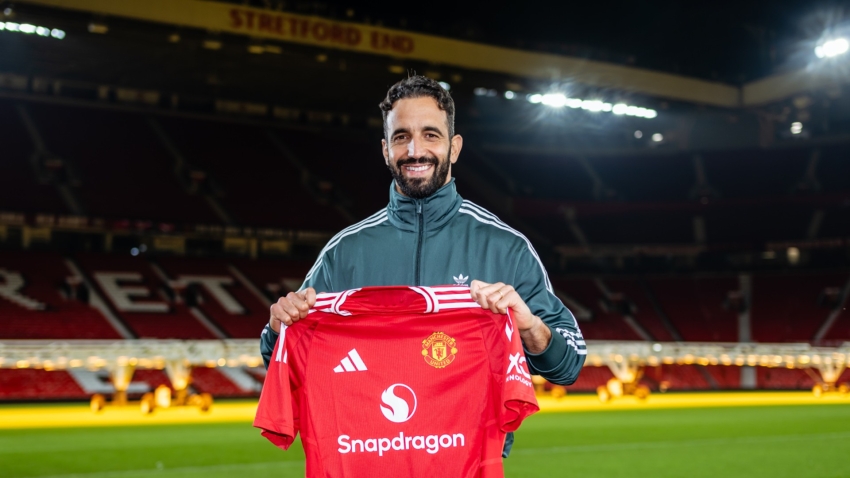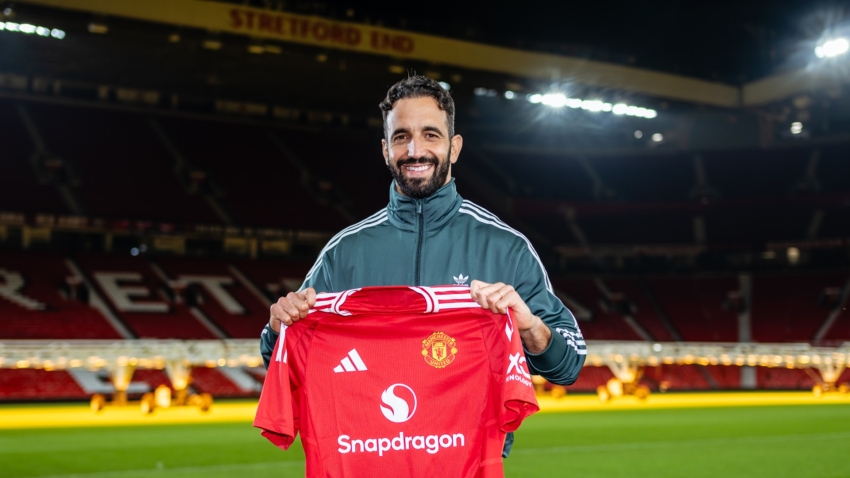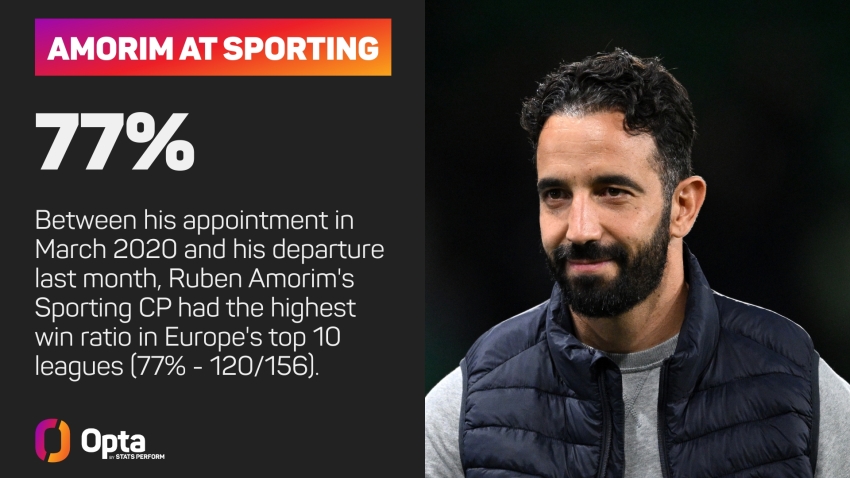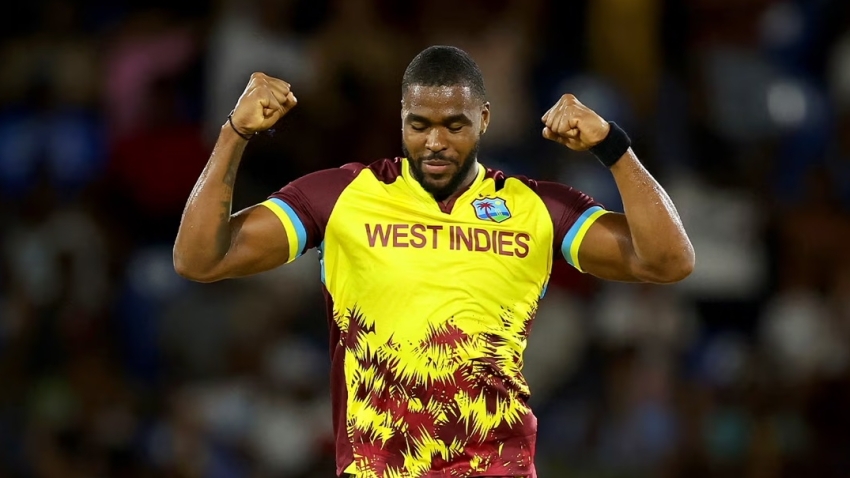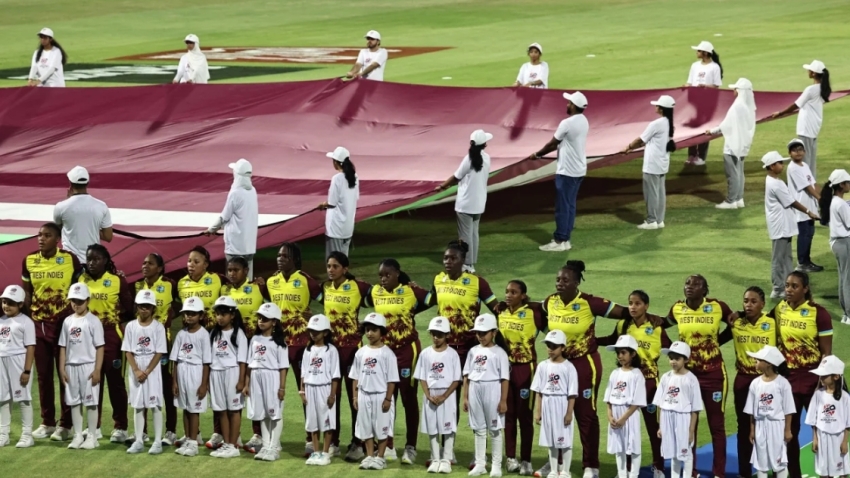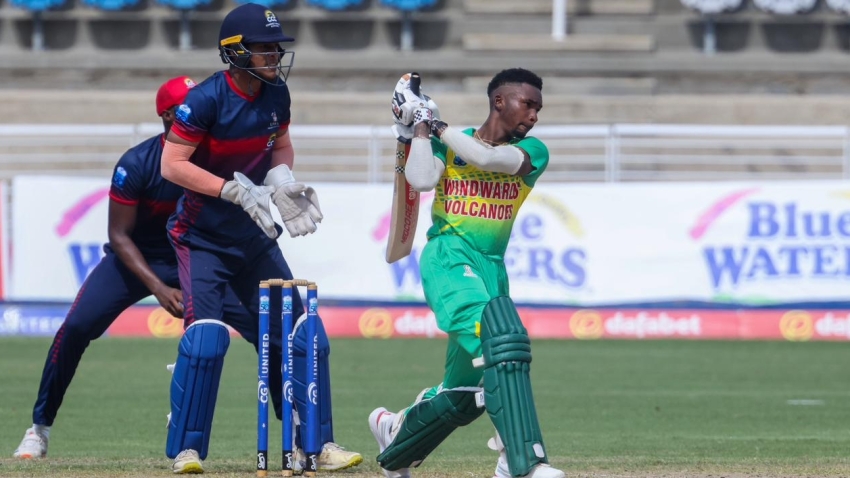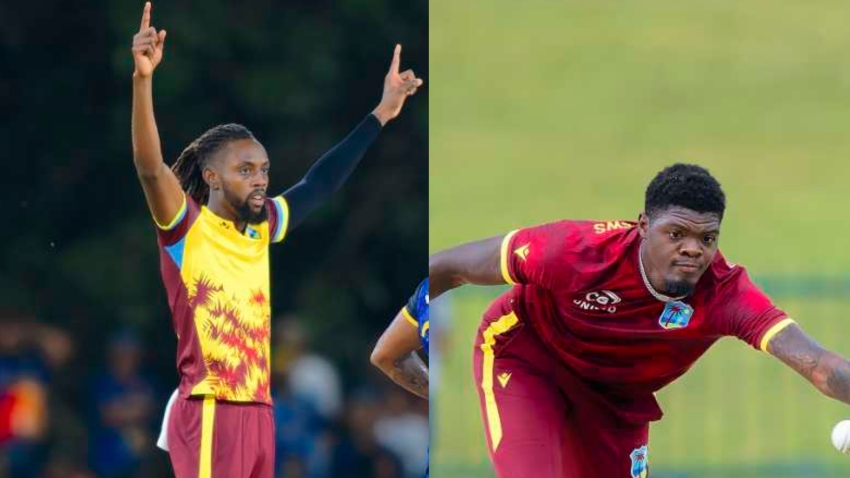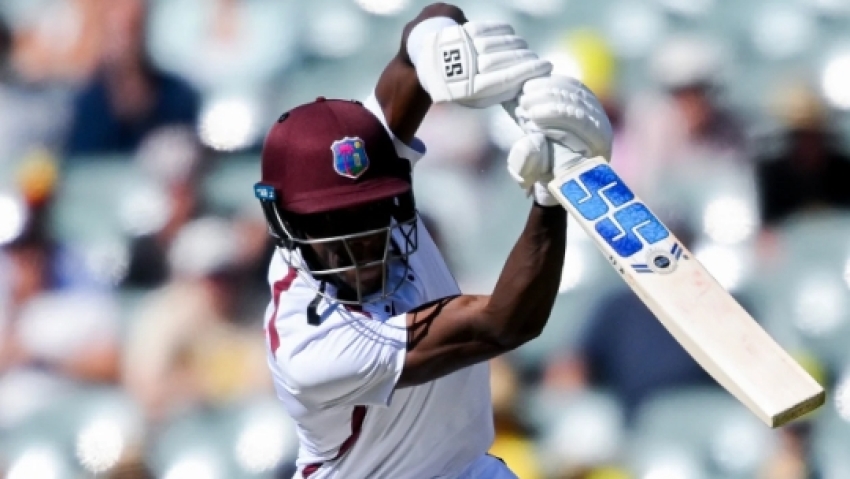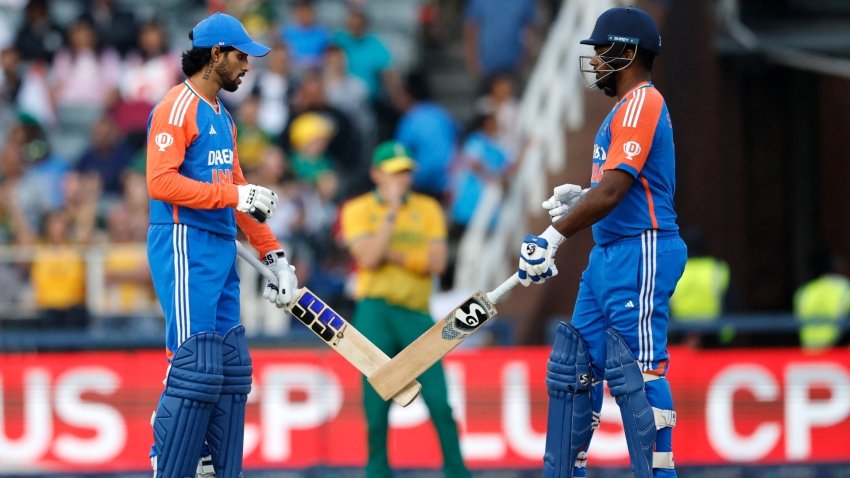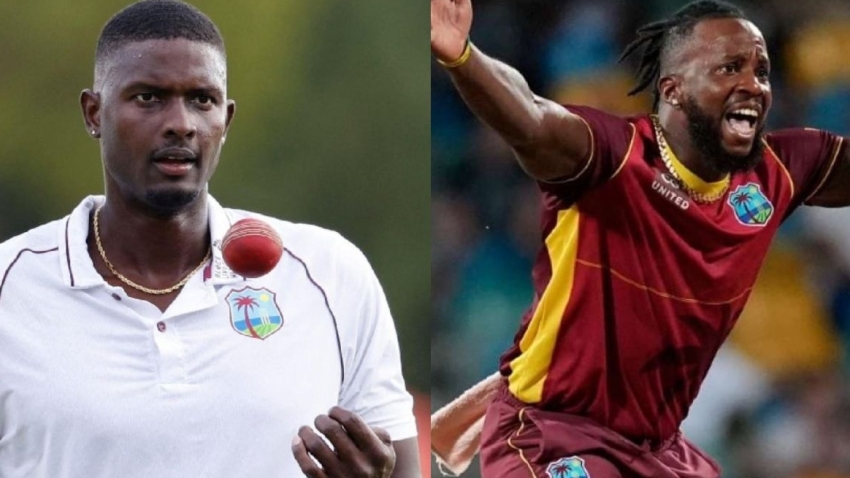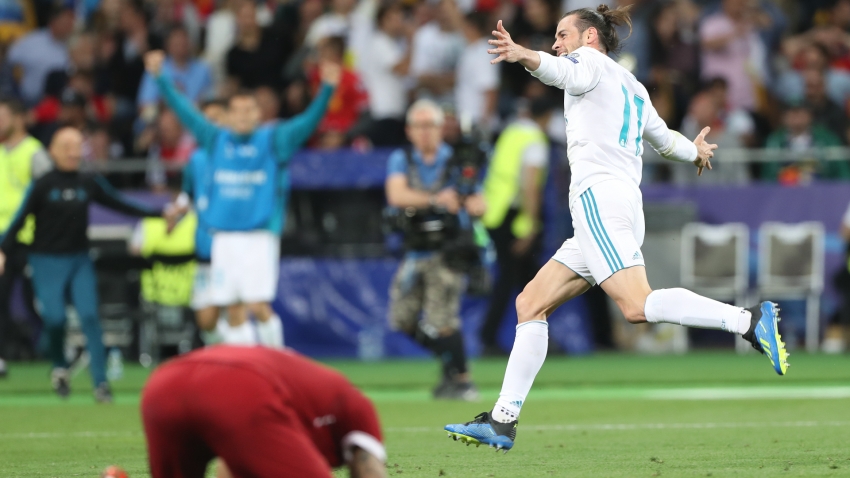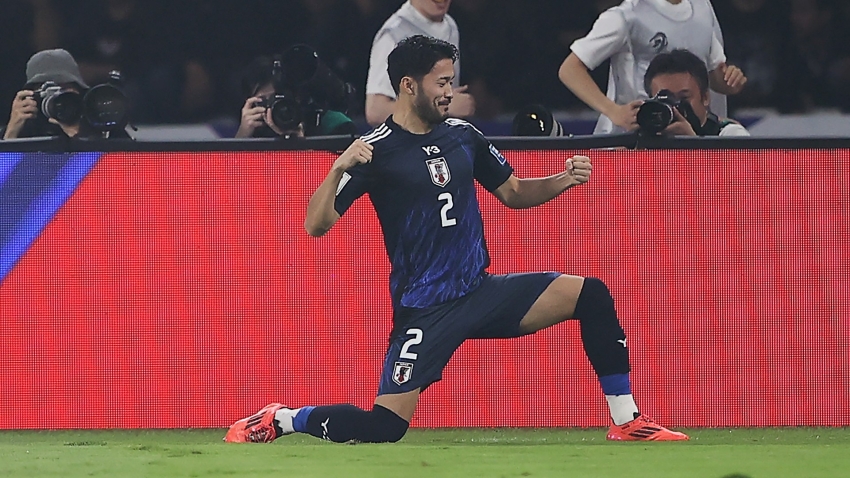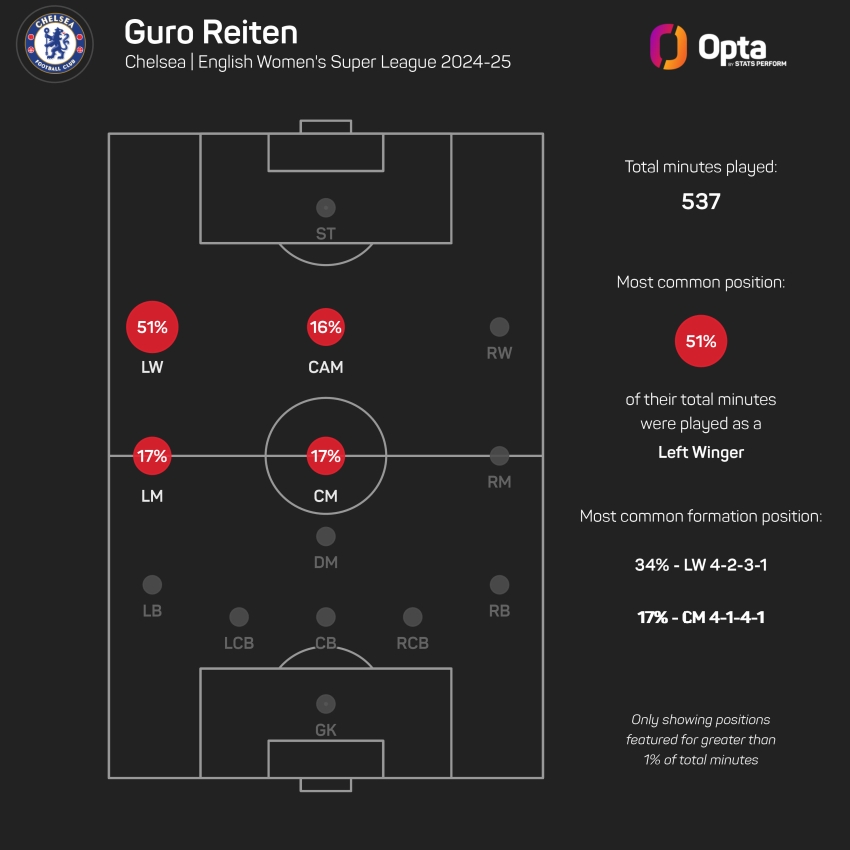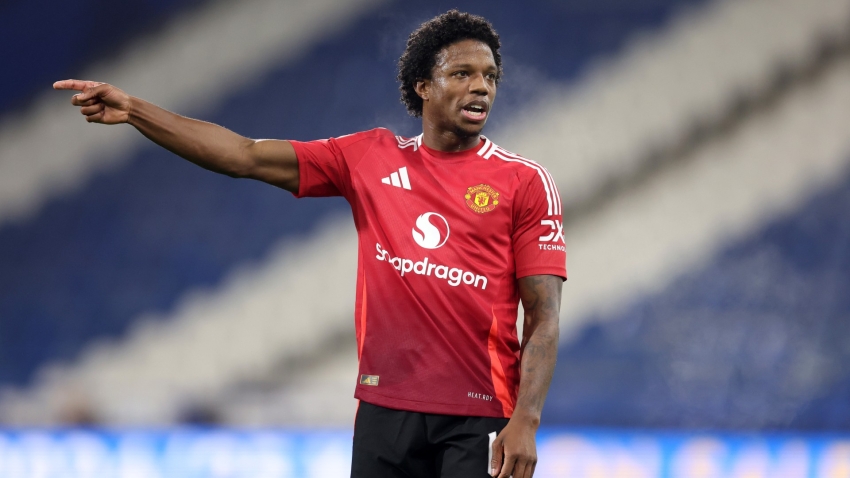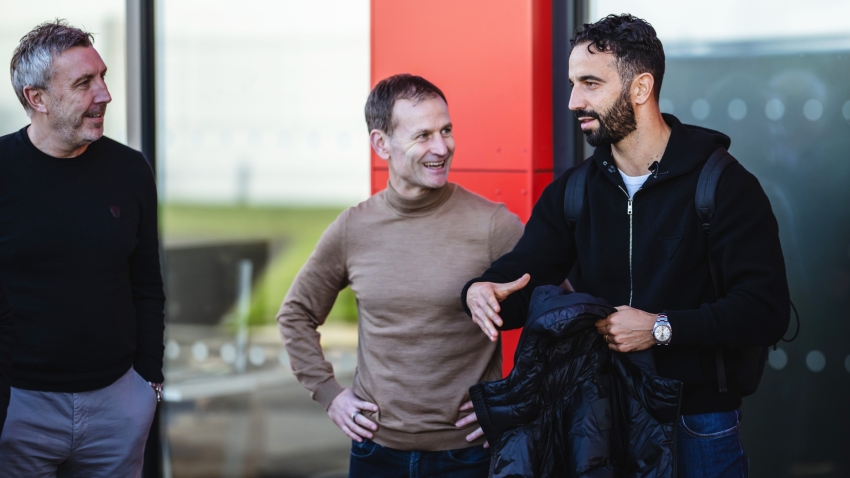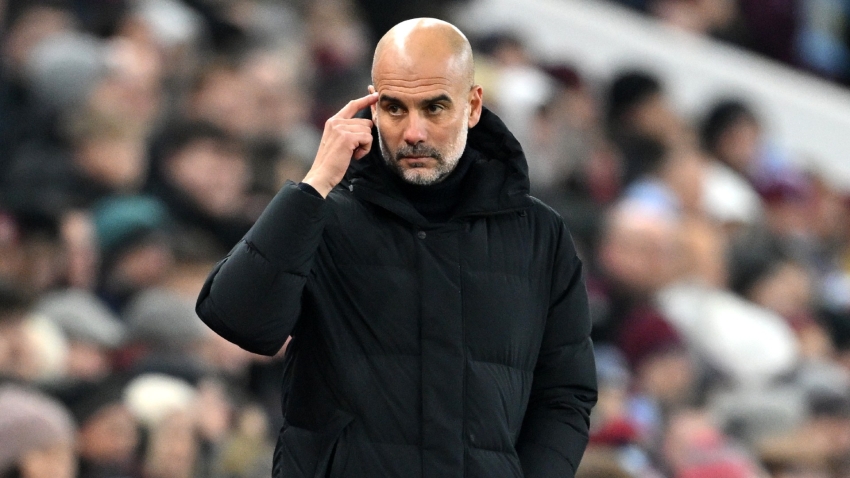You could be forgiven for feeling a sense of deja vu when Liverpool take on Real Madrid in the Champions League final at the Stade de France on Saturday.
The two European giants faced off in 2018 in Kyiv, with Los Blancos running out 3-1 winners thanks to, among other things, a sensational Gareth Bale overhead kick.
Four years later Liverpool and Madrid ready to battle it out to be crowned kings of the continent, with 19 European Cups/Champions Leagues already between them.
Just how much have the two teams changed since then, though? Stats Perform has taken a look at both to see if there are any similarities and marked differences to expect in Paris.
From nearly men to trophy collectors
One of the many reasons defeat in Kyiv hurt for Liverpool was it would have not just been another Champions League success, but the first trophy won since Jurgen Klopp had taken over.
The German coach had been at Anfield since October 2015, and while there had been clear progress, it had not yet manifested in the form of silverware.
The idea that the loss was merely a bump in the road on the start of a journey has since been proven correct, as Liverpool have since hoovered up a Champions League, Premier League, UEFA Super Cup, FIFA Club World Cup, EFL Cup and FA Cup.
At the time, though, it may not have felt that inevitable given the Merseyside club went into the final having finished fourth in the league, 25 points behind champions Man City, having also been knocked out of the EFL Cup in the third round and the FA Cup in the fourth round.
As well as making the final, the 2017-18 season was memorable for the Reds acquiring one Mohamed Salah, who went on to score 44 goals in all competitions.
They lost Philippe Coutinho to Barcelona in the January transfer window, but signed Virgil van Dijk from Southampton to help out a troubled defence.
The team that started against Madrid included at least six players you would think will start in Paris in Trent Alexander-Arnold, Van Dijk, Andrew Robertson, Jordan Henderson, Salah and Sadio Mane, while James Milner and Roberto Firmino will at least be on the bench.
It is perhaps the additions made that will make the difference this time, most notably in goal.
Loris Karius suffered a concussion after an elbow to the head from Sergio Ramos that night, which could explain his bizarre performance after that where he threw the ball straight onto Karim Benzema's foot for Madrid's opener, before dropping the ball into the goal from a Bale shot for their third.
Brazil international Alisson is a significant upgrade on Karius.
Instead of the... shall we say... enigmatic Dejan Lovren, Van Dijk will be partnered by either Joel Matip or Ibrahima Konate, both of whom have performed well with the big Dutchman this season.
Should they be fit, Thiago Alcantara and Fabinho will play with Henderson in midfield instead of Milner and Georginio Wijnaldum, while Luis Diaz will almost certainly play alongside Mane and Salah in place of Firmino.
Klopp only made two changes off the bench that night, with Adam Lallana replacing the injured Salah in the first half, while Emre Can also arrived in the second half with little impact.
He will likely have players such as Firmino, Milner, Diogo Jota, Naby Keita and, for one last time, Divock Origi to make the difference if needed in the French capital.
But overall, how much have they changed as a team since that season?
In all competitions in 2017-18, Liverpool averaged 2.39 goals for and 1.11 goals against per game, while making 584.18 passes per game.
They created 2.26 big chances per game, attempted 62.19 long passes per game and won possession in the final third on average 4.94 times per game.
Compare that to this season, they have averaged slightly fewer goals for with 2.37 per game, though have conceded just 0.76 per game, and made 624.55 passes per game, suggesting they control matches more than they used to.
They have created 2.43 big chances per game, and make fewer long passes with 57.13 per game, so are also maybe not quite as direct.
One of the more interesting stats is that they have been winning possession in the final third on average 7.32 times per game this season, significantly more than they did four years ago, so Madrid will be wary of that.
Speaking to Stats Perform, former Liverpool player and assistant manager Phil Thompson - who was captain of the Reds when they beat Madrid in Paris to lift the European Cup in 1981 - said he feels their added experience will help them this time.
"They're better equipped all round," he said. "We're better defensively. The back four, the goalkeeper, I do think all round we're more experienced now in the way we play with Sadio, Mo Salah, and Luis Diaz has brought a different element to our game."
Madrid back as Champions League experts
Back in 2018, Zinedine Zidane guided Los Blancos to their 13th European Cup/Champions League, but otherwise it was a pretty ordinary campaign.
They finished third in LaLiga, 17 points behind the champions Barcelona. They were also knocked out of the Copa del Rey at the quarter-final stage by lowly Leganes.
They just had a knack in the Champions League, though, and remarkably won their fourth in five years.
Similarly to Liverpool, you would imagine at least five of their starting XI in Kyiv will also start in Paris, with Dani Carvajal, Casemiro, Luka Modric, Toni Kroos and Benzema key men in Carlo Ancelotti's side.
Thibaut Courtois has replaced Keylor Navas in goal, while Eder Militao, David Alaba and Ferland Mendy will probably be the ones to take the places of Raphael Varane, Sergio Ramos and Marcelo.
It is up top where things have mainly changed though, and not just in personnel.
Isco has become a squad player, who will leave at the end of the season, while Cristiano Ronaldo has long since departed, paving the way for Vinicius Jr and Rodrygo to come in, while Benzema has drastically increased his output.
The France striker scored 12 goals in all competitions in 47 games in the 2017-18 season, but has bagged 44 in 45 this campaign.
As for the team overall, in 2017-18 they averaged just 2.14 goals for per game, and 0.91 against, creating 2.11 big chances per game.
Somewhat bizarrely, their goal averages both for and against are the same as Liverpool's were four years ago (2.39 goals for, 1.11 against per game), though they have increased their average of big chances created to 2.71 per game.
However, they have won LaLiga this season, in addition to the Supercopa de Espana, and somehow found their way past Paris Saint-Germain, Chelsea and Manchester City to reach the final.
Looking at those numbers and what has been achieved since, it is fair to say that both teams have improved since their Kyiv meeting.
Klopp's men have gone from a relative also-ran in English football to one of the strongest teams in the world, and had it not been for City's incredible comeback against Aston Villa on Sunday, would be playing to complete a phenomenal and unprecedented quadruple on Saturday.
Madrid have taken back their place as the best in Spain, and whether it was through luck or determination, have toppled three of the best teams in the competition to make it here.
You would assume the match in Paris will be a closer affair than 2018, and as finals so often are, is likely to be decided by the fine margins.
With the strength of both teams, though, do not be surprised if this isn't the last time we are sat here preparing to do battle in Europe's showpiece club game in May.


